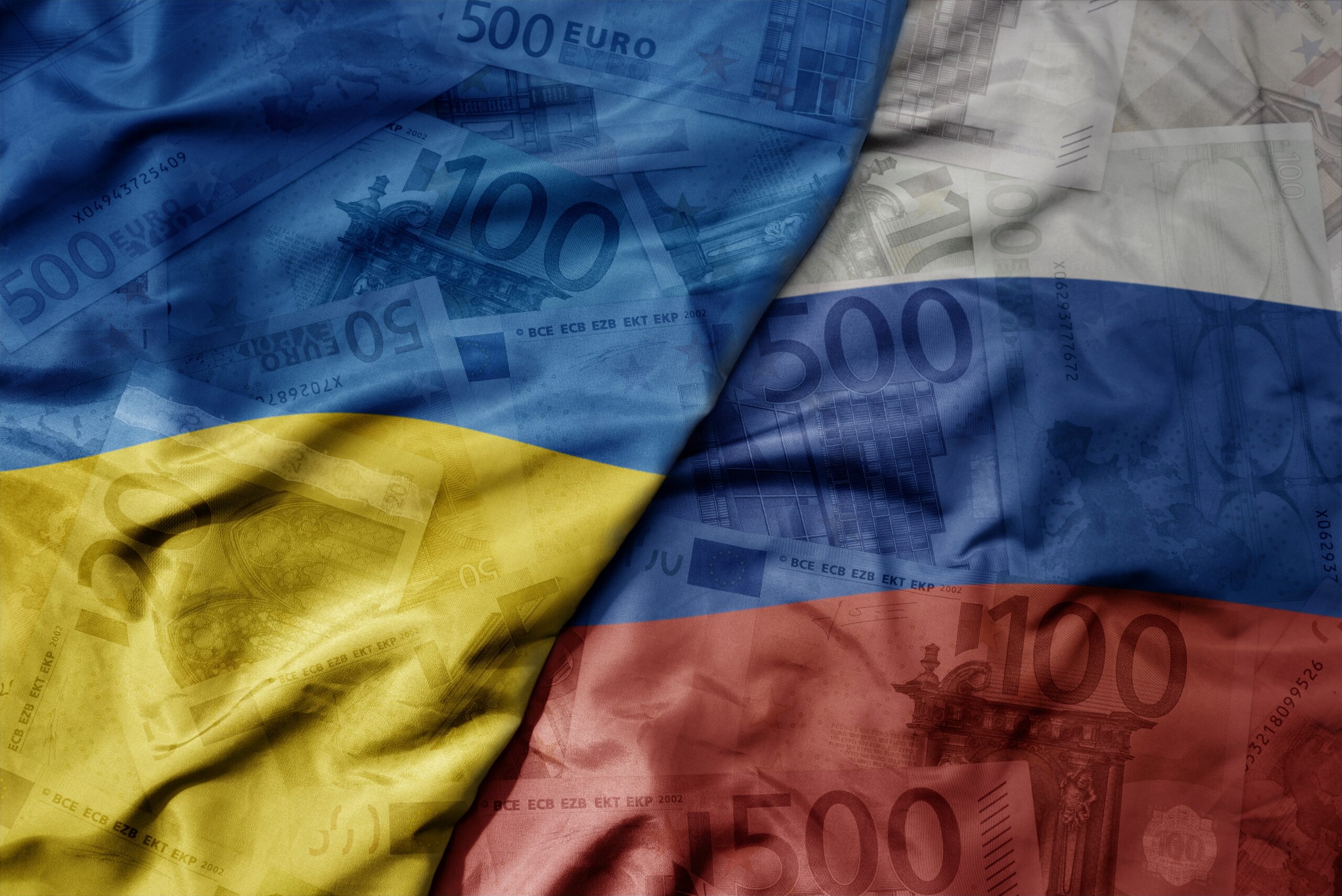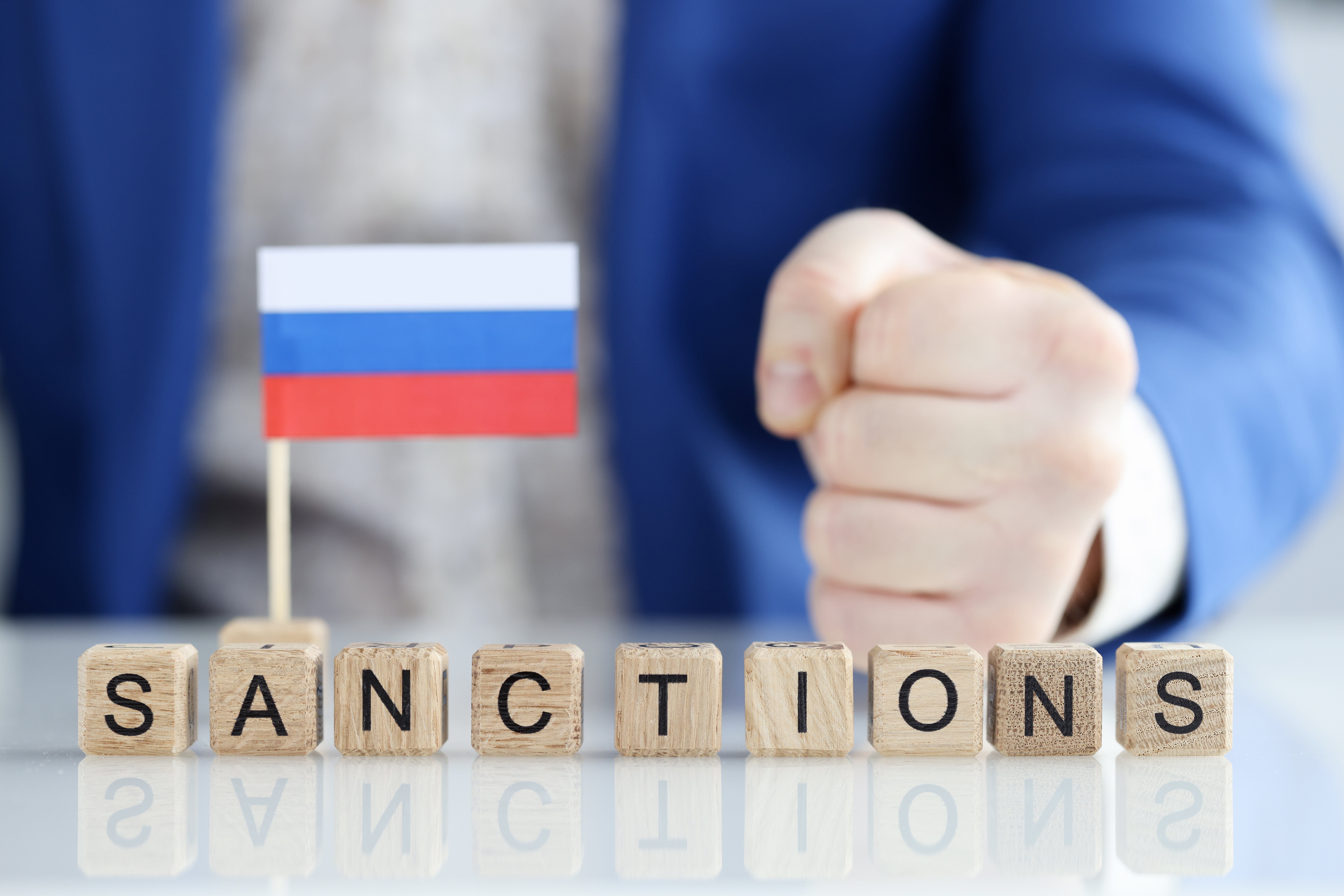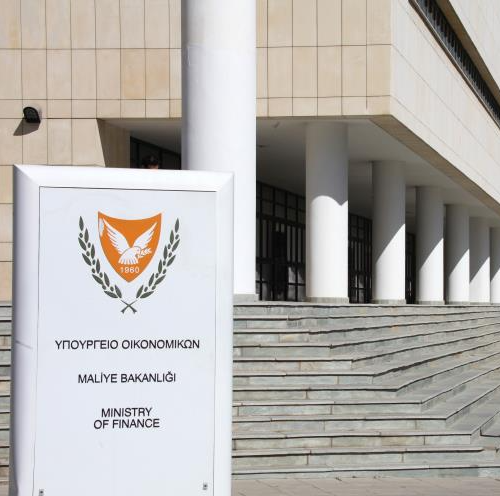On November 22, 2024, the European Commission published updated Best-Efforts FAQs to clarify the obligations of EU entities, under the sanctions regimes targeting Russia and Belarus. The new FAQs outline the actions EU parent companies must take to prevent their non-EU subsidiaries from undermining any restrictive measures. Examples are provided to demonstrate the expectations of EU parent entities in complying with this obligation. The FAQs also make a distinction between “undermining” and “circumventing” sanctions. This article provides a summary of the main aspects of the FAQs, and its implications for sanctions compliance.
The Framework of EU Sanctions
The Best-Efforts FAQs refer to EU Regulation 833/2014, under which sectoral sanctions are imposed on key areas relating to Russia’s economy, military, and defense development. However, the Best-Efforts obligation is also relevant to EU Regulation 765/2006, as this regulation contains restrictive measures imposed in relation to Belarus. Collectively, these Regulations aim to hinder economic activities that could support aggressive acts or destabilization efforts by Russia and Belarus. This is done through the imposition of asset freezes, and sectoral restrictions that cover a wide range of goods and services.
In addition to the restrictive measures mentioned above, the Best-Efforts obligation requires EU entities to ensure that their non-EU subsidiaries, even those not listed under sanctions, do not participate in activities that undermine the objectives of the EU’s sanctions regimes. EU entities need to remain aware of the activities carried out by their non-EU subsidiaries and to identify any operations that could potentially contravene or undermine EU sanctions. If any such activities are identified, under the Best-Efforts obligation, EU entities will be required to take suitable and feasible actions to block these activities, to prevent the undermining of restrictive measures. The recently published FAQs outline practical steps to meet this obligation.
Key Elements of the Best-Efforts Guidance
Firstly, the guidance affirms that the Best-Efforts obligation extends to non-EU subsidiaries that are owned or controlled by EU holding/parent entities, thus showing the applicability of EU sanctions regulations beyond the EU’s borders. This includes companies in Russia and Belarus, even if these subsidiaries are not themselves directly subject to EU sanctions.
As per the Best Practices for the Effective Implementation of Restrictive Measures, published by the Council of the European Union on 3 July 2024, ownership is defined in paragraph 63 as “holding 50% or more of the proprietary rights of an entity or having majority interest in it”. Paragraph 64 contains a list of factors which are used in determining whether an entity is controlled by another person or entity.
In addition, the Best-Efforts FAQs make a distinction between the “undermining” and the “circumvention” of EU sanctions. Activities considered to “undermine” EU sanctions include supplying goods subject to EU sectoral sanctions to Russia or Belarus, or engaging in trade with entities linked to sanctioned parties. This has the effect of achieving the result that was intended to be blocked under sanctions restrictions. The FAQs clarify that this differs from “circumvention,” which typically involves creating a façade of legality to bypass sanctions. The focus on undermining ensures compliance by addressing both direct and indirect breaches of sanctions regulations.
The Best-Efforts FAQs clarify that EU entities are required to take all feasible actions to block transactions by non-EU subsidiaries that could undermine sanctions. Examples include halting the transfer of restricted goods or intellectual property to Russia or Belarus. Companies must use their available resources to enforce such measures effectively.
Importantly, the Best-Efforts FAQs recognize the diversity of EU entities. The guidance adopts a case-by-case approach to feasibility, taking into account factors such as the size, control level, and operational context of the parent company influence to determine what measures are deemed reasonable. However, EU entities cannot use lack of control as a defense if this results from poor risk management or imprudent decision-making.
In order to prove that relevant measures have been taken to comply with their Best-Efforts obligation, EU entities are encouraged to establish robust compliance systems. These include, for example, internal policies, procedures, and reporting mechanisms. It is also important for EU parent companies to closely monitor the activities of their subsidiaries, to detect and prevent potential violations. This will ensure that the operations of the subsidiaries align with the parent company’s sanctions obligations, therefore mitigating the risk of penalties for non-compliance.
Implications for Businesses
The Best-Efforts guidance intensifies compliance requirements for companies with cross-border operations, particularly those with subsidiaries in high-risk regions/sectors. It highlights the necessity for proactive governance, risk assessment, and investment in compliance procedures and policies. The updated guidance may pose challenges for businesses when implementing effective control over distant subsidiaries, particularly in regions with conflicting legal frameworks. It is nonetheless of vital importance to ensure that proper controls are in place, to avoid potential breaches of the Best-Efforts obligation.
Conclusion
The EU’s Best-Efforts FAQs mark a significant step in refining EU sanctions compliance. By emphasizing tailored measures, feasibility, and accountability, the guidance ensures that EU entities take proactive steps to prevent their subsidiaries from undermining sanctions. It is crucial for businesses to implement robust compliance controls, and to stay informed in case of any relevant updates. As the EU continues to refine its framework, staying proactive will be key to remaining compliant, in light of the ever-changing regulatory framework.
MK Compliance Limited can provide daily/weekly/monthly updates on sanctions, and AML regulatory developments. These updates ensure that you are kept informed about the latest regulatory changes, therefore ensuring comprehensive compliance.
In addition, we provide sanctions-related consulting services, including transaction reviews, screenings and background checks on your clients and related individuals/entities/counterparties, to ensure your business operations remain fully compliant with all applicable sanctions, mitigating the risk of breaches.
For more information, you may contact our team at info@compliancemk.com or me personally at stella.hadjiloucas@compliancemk.com.




